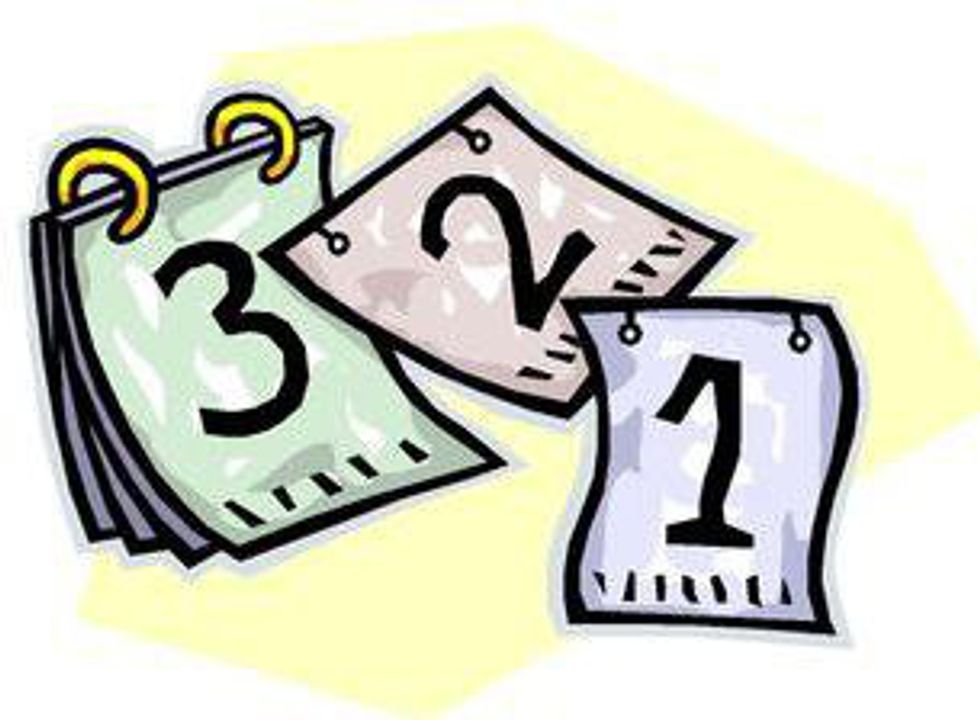It took a long time for my mom to let me and brother watch SpongeBob Squarepants for fear that it would rot our growing brains. It was when I was in fourth grade that we decided we were being robbed of an important piece of our own cultural literacy and convinced her to watch one episode, just one, and then see if we would be allowed to watch the forbidden program. We won, but my mom was not the only one who had her suspicions about the cartoon. I was allowed to continue watching it and it became a safe haven for me - it wasn’t about dating, or growing up, or high school drama, like a lot of the live-action shows on Disney Channel and Nickelodeon, and it was unapologetically weird without being mean-spirited or cynical. In 2005, Christian groups declared that the show would turn young viewers gay; that the relationship between Spongebob and Patrick wasn’t appropriate for children and would encourage homosexuality. I remember reading the news with a raised eyebrow on my family’s desktop computer. I laughed about it with my friends but deep down I was packing. I knew at that point that I was not entirely straight, could Spongebob be at fault here?
When I was sixteen, two things happened: my best friend dumped me, and the boy I had a crush on returned from a summer trip with a girlfriend. The latter barely affected me beyond just another layer of bitterness after the former wrecked my life. I have struggled with depression my entire life, and still do, but I never want to go back there. I had no idea why this friend-breakup was affecting me so much - for a girl my to cry over a boy, that was normal, but another girl? A friend? I likened our relationship both to Spongebob and Patrick but also Mr. Krabs and Plankton- a special episode revealed that the rivals used to be best friends until Mr. Krabs became succesful and Plankton grew bitter and evil, and married his computer- a plotline that hit a bit too close to home for me as I sat on my laptop, scrolling through tumblr and wondering how I could piece my life back together without my partner in crime, especially considering I had no cultural filter through which to understand these feelings. I was aware of gay people, and my own bisexuality, but I wasn’t sure how to conceptualize possibly-romantic, possibly-platonic same-gender love in a way that didn’t seem...well...childish.
I was prompted to write this article when, a few days ago, I read a story in The New Yorker about Frog and Toad- the series of children’s books that helped me learn to read. The article, “‘Frog and Toad’: An Amphibious Celebration of Same-Sex Love” explores the sweet, gentle partnership between the titular creatures as an expression of the creator’s own sexual orientation. A previous quote from Arnold Lobel, the author of the series who died in the AIDS crisis in 1987, stood out to me:
“You know, if an adult has an unhappy love affair, he writes about it. He exorcises it out of himself, perhaps, by writing a novel about it. Well, if I have an unhappy love affair, I have to somehow use all that pain and suffering but turn it into a work for children.”
If same-sex love affairs were to be made explicitly sexual or romantic, they would likely cause a creative work to be marked “adult”, yet these ambiguously romantic same-gender love affairs pervade all kinds of children’s media and seem to be marked, in a certain way, as childish themselves. In this article, Kat Callahan talks about Anne from Anne of Green Gables as a possibly queer character- one whose “breakup” with her “bosom friend”, a girl named Diana, and growing closeness to Gilbert, was part of a culturally mandated “growing up” process that shifted her away from her adolescent world of imagination, fantasy, and Diana. A similar plotline is found in the television show Community, where Troy and Abed, an extremely close pair of friends, dismantle the Dreamatorium, a room in their apartment dedicated to imagining themselves in and acting out fantastical, imaginative scenarios, in order to make a room in which Troy and Britta, his girlfriend, can have some privacy. It is important to note that Abed is heavily coded as autistic, and while the show normally does a wonderful job of validating that, this was one development that suggested that becoming “normal” is a necessary part of “growing up”- normal means not autistic, normal means not gay.
When thinking about writing this article, I was not sure how to conclude it, or what my point even was. Do quasi-gay relationships in children’s media qualify as LGBT representation? No, they do not. Are they meaningless? No, not that either. Lobel should not have had to retreat into a children’s dimension to represent his own love life, and conforming to gender roles and prioritizing heterosexuality should not be seen as a necessary part of growing up. Perhaps my point is simply to offer a toast to loves that are tossed away wherever my old copy of Days With Frog and Toad happens to be, and hope for a world where growing up doesn’t mean ever having to hide who you are.























